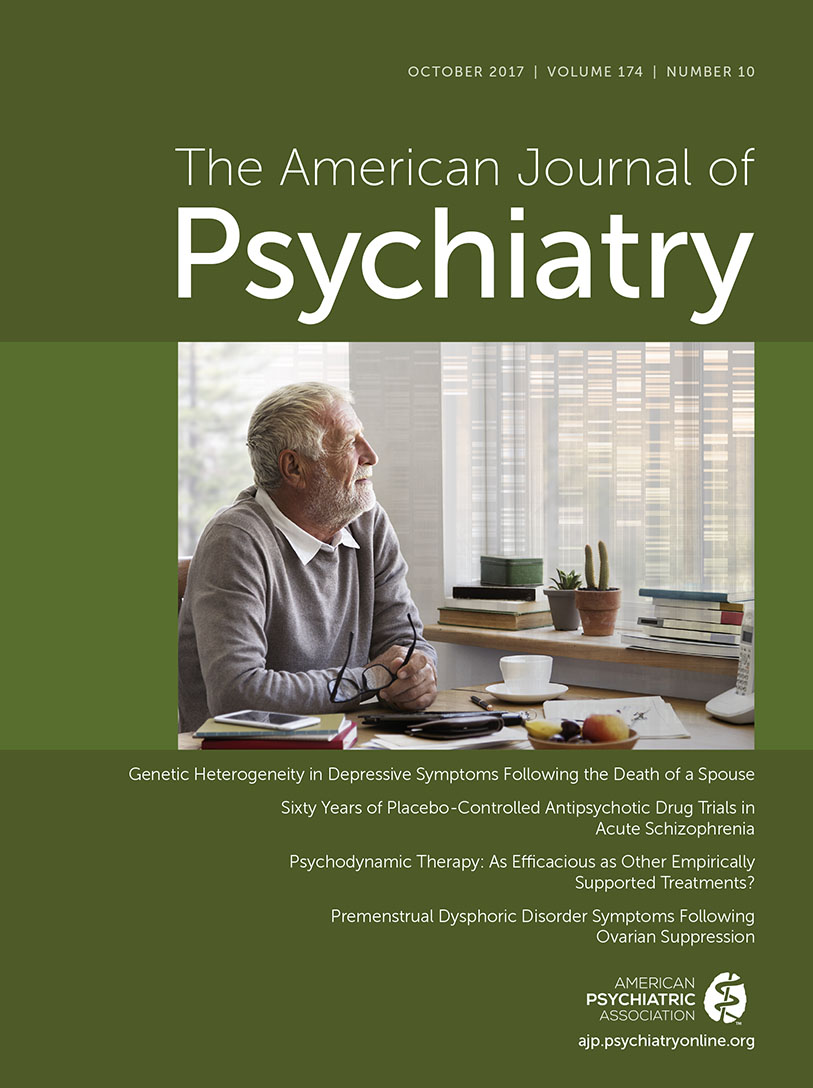Sixty Years of Placebo-Controlled Antipsychotic Drug Trials in Acute Schizophrenia: Systematic Review, Bayesian Meta-Analysis, and Meta-Regression of Efficacy Predictors
Abstract
Objective:
Antipsychotic drug efficacy may have decreased over recent decades. The authors present a meta-analysis of all placebo-controlled trials in patients with acute exacerbations of schizophrenia, and they investigate which trial characteristics have changed over the years and which are moderators of drug-placebo efficacy differences.
Method:
The search included multiple electronic databases. The outcomes were overall efficacy (primary outcome); responder and dropout rates; positive, negative, and depressive symptoms; quality of life; functioning; and major side effects. Potential moderators of efficacy were analyzed by meta-regression.
Results:
The analysis included 167 double-blind randomized controlled trials with 28,102 mainly chronic participants. The standardized mean difference (SMD) for overall efficacy was 0.47 (95% credible interval 0.42, 0.51), but accounting for small-trial effects and publication bias reduced the SMD to 0.38. At least a “minimal” response occurred in 51% of the antipsychotic group versus 30% in the placebo group, and 23% versus 14% had a “good” response. Positive symptoms (SMD 0.45) improved more than negative symptoms (SMD 0.35) and depression (SMD 0.27). Quality of life (SMD 0.35) and functioning (SMD 0.34) improved even in the short term. Antipsychotics differed substantially in side effects. Of the response predictors analyzed, 16 trial characteristics changed over the decades. However, in a multivariable meta-regression, only industry sponsorship and increasing placebo response were significant moderators of effect sizes. Drug response remained stable over time.
Conclusions:
Approximately twice as many patients improved with antipsychotics as with placebo, but only a minority experienced a good response. Effect sizes were reduced by industry sponsorship and increasing placebo response, not decreasing drug response. Drug development may benefit from smaller samples but better-selected patients.



